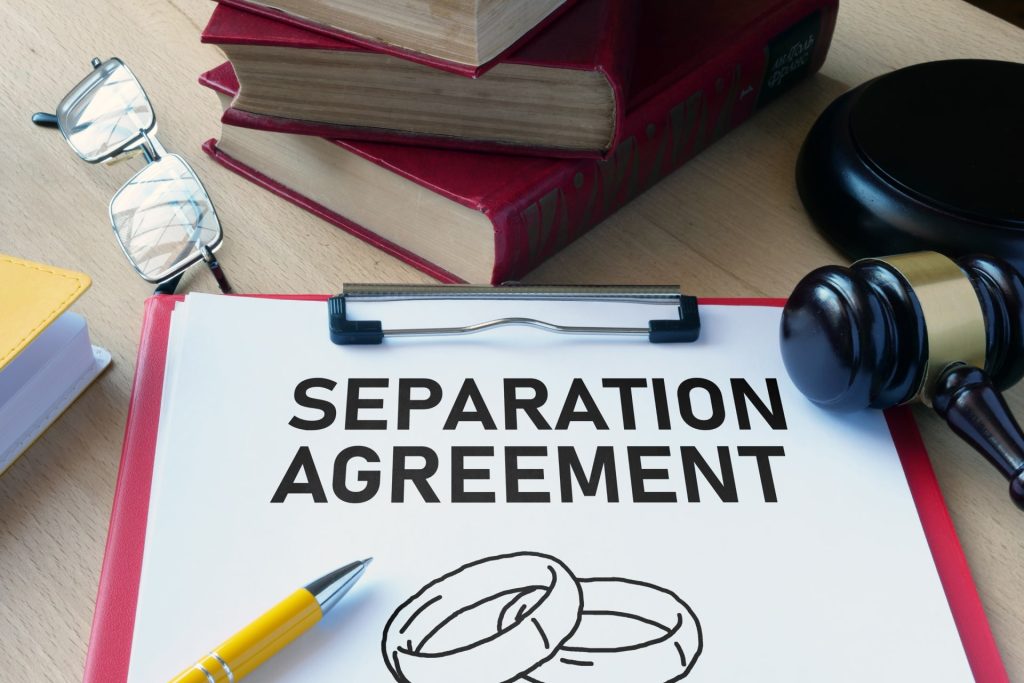My firm exclusively handles divorce mediation, post-divorce mediation and other types of family-related mediation. Sometimes mediation involves modifications for custody, parenting time or child support. We work with traditional and same-sex couples, teenage children, grandparents and their children or grandchildren.
What Is Mediation In Family Law Cases?
Mediation is where a couple will work with a neutral, impartial third-party professional who can help them develop a divorce agreement in a structured format. Mediation allows clients to be in control of the outcome of the terms of their divorce and is an alternative to having to hire two separate attorneys. As a mediator, I work with both spouses to help them find a fair and just way of getting a divorce.
Why Did You Choose To Focus On Mediation In Your Family Law Practice?
Prior to becoming an attorney, I worked in the human service field. When I became an attorney, I focused on civil litigation. When I started my own practice, I was looking to combine both of my professional backgrounds, which ultimately led me into mediation. What I like about mediation is that it empowers the client or the couple to come up with an agreement that is fair for the both of them. They are able to avoid the contested courtroom process, and they don’t have to leave decisions up to a judge. This is especially important when it comes to their children and finances.
Couples who are in the midst of a divorce are often dealing with a lot of emotions. As experienced mediators, we can assist those clients in diffusing those feelings. We can help each side communicate their needs and concerns in a way that the other party or spouse can hear and understand.
Mediation allows couples to negotiate their own agreement through a neutral third party. Research actually shows that couples who develop their own agreements are mutually satisfied and that their agreements are longer lasting. So, they avoid the need to continuously go back and forth to court to have their divorce agreement modified.
As mediators, we provide the couple with the necessary legal information so that they can make informed decisions based upon that information.
We don’t judge the couple, nor do we impose any decisions on the couple. We help the couple develop a separation agreement (which is actually the divorce agreement) that’s fair and reasonable for both parties. Mediation is voluntary and confidential, which means that clients do not have to be in a public courtroom where others can hear about their private situation. Many mediators are attorneys with a background in divorce and family law.
There are some mediators who are financial planners or therapists, but only an attorney mediator can actually draft the couple’s divorce agreement. Mediation can substantially reduce the legal fees for a couple. Another benefit of mediation is that the parties are in a win-win situation since they are arriving at a mutual agreement. Even when people hire two separate lawyers and prepare for litigation, over 90% of cases settle.
It’s just a matter of when a case settles, how long it takes, and the emotional and financial expenses for the couple. If you are leaving it up to a judge to decide a particular issue, then there is no guarantee for either party in regards to the outcome of the case. So, there really is a win-lose situation. With mediation, the clients are able to work out a fair financial settlement and an acceptable parenting arrangement for both of them. In most cases, child support and other payments such as alimony are faithfully made because couples have made those decisions based upon their situation. As a result, they are unlikely to return to court on a divorce-related issue. In addition, agreements or settlements are usually reached in a shorter period of time through mediation than they are through litigation.
Simply put, people are much more civil with each other after a divorce when they use mediation. Many divorcing parents start off with good intentions, and they don’t want to join the ranks of those couples who had bitterly contested divorces. However, when you look at the actual adversarial court system and court process, it has a way of escalating the anger between two people. Conversely, mediation reduces the anger and the bitterness that most couples experience when they make the decision to separate. If the anger is encouraged, as it is in the adversarial court system, then the parenting and the co-parenting relationship rapidly deteriorates.
With the use of mediation, anger can be diffused over time, and the lessons that are learned through the mediation process will naturally improve the co-parenting relationship over time. For more information on Mediation In Family Law Cases, a strategy session is your next best step. Get the information and legal answers you are seeking by calling (508) 466-4734today.




